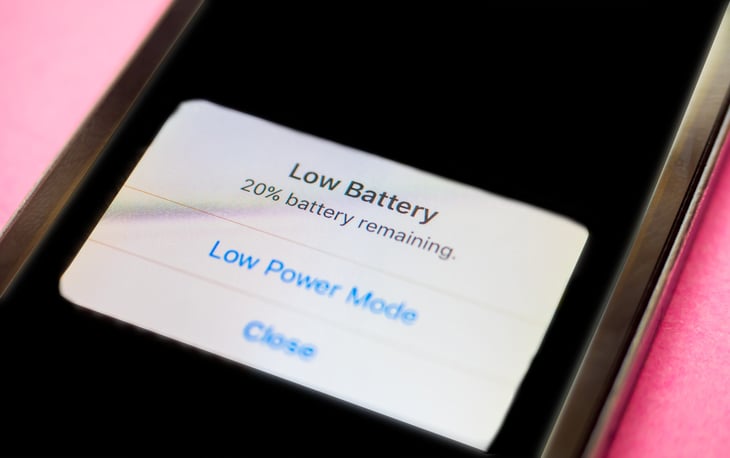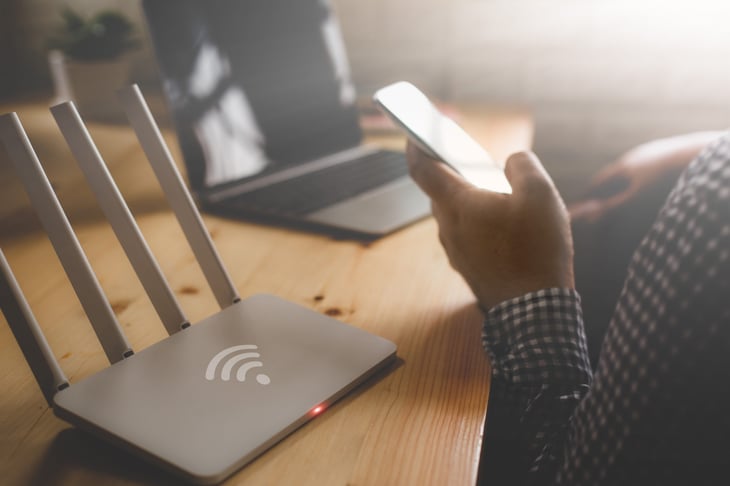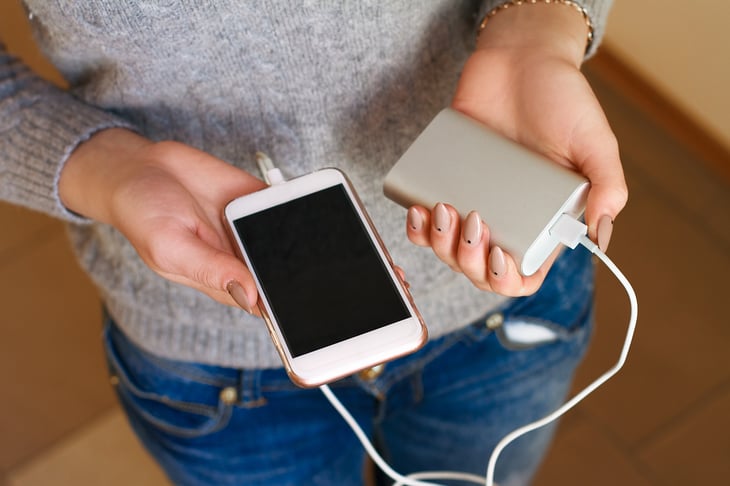
Having your phone die while you’re out and about is inconvenient, and a laptop that barely runs unless it’s plugged in is just an obnoxious substitute for a desktop computer.
These problems are quite common, and may even seem inevitable. But reckless charging habits shorten the lifespan of the lithium-ion batteries powering our devices.
A smartphone battery should work at optimal capacity for two to three years, according to Wired. It’s important to understand what you should — and shouldn’t — be doing if you want to maximize battery health.
Unfortunately, there is a lot of outdated information and myth circulating about batteries. Here are some simple, seemingly harmless mistakes that are killing your battery life, according to experts.
Bringing your phone along in extreme temperatures

It turns out batteries don’t love trudging through the snow, or sweating out a sweltering summer day, any more than we do.
Intense cold can temporarily shorten battery life while extreme heat — above 95 degrees Fahrenheit — can permanently shorten it, according to Apple.
Not having your phone out in extreme weather is the ideal protection, but that isn’t necessarily practical. (Also keep in mind a device left in the car can heat up quickly.) Instead try to minimize using and especially charging your device in these uncontrolled conditions.
Running on empty

Are you one of those people who only fills up at the gas station when the fuel gauge passes the “E” mark? Stop that — especially if you do the same thing with your phone.
Letting your battery run down completely can reduce its life, according to Samsung. Try to always keep it above a 20% charge.
If you don’t, you might soon find 20% of your battery drains in just one hour instead of two or more.
Leaving it plugged in for long periods

Keeping a battery fully charged for extended periods can cause permanent damage to its capacity, according to Microsoft.
“Try to keep the battery level between 20% and 80% several times a week instead of using your device for only a short amount of time, and then plugging it in to recharge the battery,” the company says.
Never charging

The flip side is forgetting to plug your device in at all. Says Apple:
“If you store a device when its battery is fully discharged, the battery could fall into a deep discharge state, which renders it incapable of holding a charge.”
If you only use a laptop for infrequent travel, take the time to plug it in once in a while. It’s a pain, but you’ll be glad you did.
Running Wi-Fi, Bluetooth and GPS

Wi-Fi is more energy efficient than using your phone’s data plan with poor reception but a waste when you’re not using internet at all. Ditto for other things that constantly check your signal in the background.
If you’re not actively using a connection, turn it off.
This may be a more valuable battery saver for internet connections than tasks such as pairing with wireless headphones. In at least some technologies, Bluetooth is about 30% more energy efficient than Wi-Fi, according to research published by IEEE, a major professional organization for engineers and technical scientists.
Using the cheapest knockoff charger you can buy

Third-party chargers might be cheaper, but in the long run you may be trading a few bucks for reduced battery life. Off-brand chargers aren’t necessarily designed to the same standards as the real deal, and can cause permanent damage if they are delivering too much current to a battery.
This level of care might seem like overkill to some, but if you’ve ever been frustrated with how long your electronics hold a charge, it could be worth the effort.





Add a Comment
Our Policy: We welcome relevant and respectful comments in order to foster healthy and informative discussions. All other comments may be removed. Comments with links are automatically held for moderation.